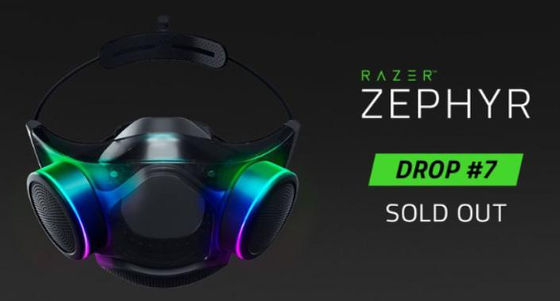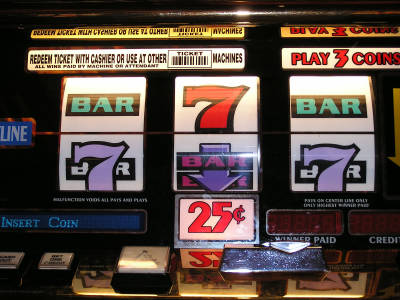Razer refunds $1 million to users over mislabeling of gaming masks as 'N95 grade'

The gaming mask 'Zephyr' released by gaming device manufacturer Razer in 2021 was advertised as an 'N95 grade' gaming mask comparable to N95 masks , but the Federal Trade Commission (FTC) of the United States filed a lawsuit against Razer for false representation. In this lawsuit, Razer agreed to pay approximately $1.1 million (approximately 170 million yen), but the FTC reports that in January 2025, refunds will finally be made to 6,764 Zephyr purchasers.
FTC Sends More Than $1 Million in Full Refunds to Customers Deceived by False Claims of “N95-Grade” Zephyr Face Masks | Federal Trade Commission
https://www.ftc.gov/news-events/news/press-releases/2025/01/ftc-sends-more-1-million-full-refunds-customers-deceived-false-claims-n95-grade-zephyr-face-masks
Buyers of Razer's bogus “N95” Zephyr masks get over $1 million in refunds - Ars Technica
https://arstechnica.com/tech-policy/2025/01/razer-sold-bogus-n95-mask-for-100-in-2021-users-finally-get-refunds/
Razer's gaming mask 'Zephyr' is a mask that was released in 2021 when the new coronavirus infection was prevalent. In addition to being equipped with colorful LEDs and a high-performance microphone that are typical of gaming devices, the fact that it is an 'N95 grade' mask comparable to the N95 mask used in medical settings was also promoted as a selling point. In addition, the standard version of Zephyr with a set of three replacement filters was sold for $ 100 (about 16,000 yen), a set with 33 replacement filters was sold for $ 150 (about 24,000 yen), and a set of 10 replacement filters was sold for $ 30 (about 4700 yen).

According to the FTC, Zephyr was advertised as using 'replaceable N95-grade filters' and as being 'FDA-registered and lab-tested for 99% bacterial filtration efficiency (BFE)' at the time of its release. However, it was never N95-certified and had never submitted documentation to the FDA or the National Institute for Occupational Safety and Health (NIOSH).
Although Razer did offer returns, only 6% of Zephyr buyers in the U.S. were successful in returning the product. One reason for the unusually low Zephyr return rate is that Razer's return policy only allowed returns within 14 days of purchase. Others complained that they were not allowed to return the product because they had already used a replacement filter.
In response to this, the FTC filed a lawsuit against Razer in collaboration with the US Department of Justice. In April 2024, Razer accepted a settlement of the lawsuit and agreed to pay a $100,000 (approximately 16 million yen) fine and the full amount of Zephyr sales ($1,071,254.33: approximately 170 million yen). Razer explained the reason for agreeing to the settlement, saying, 'We have no intention of misleading anyone, and we chose to settle in order to avoid the confusion of litigation and continue to focus on making great products for gamers.'
Razer's gaming mask that glows in 16.77 million colors is ordered to pay 170 million yen because it is not 'N95 equivalent' - GIGAZINE

On January 14, 2025 local time, the FTC announced that it would refund 6,764 Zephyr purchasers. The FTC announced, 'We are sending checks and PayPal payments to 6,764 consumers who purchased the fraudulently advertised products. Purchasers will receive a full refund,' and 'Consumers must cash the check within 90 days or receive the PayPal payment within 30 days, as specified on the check.'
The FTC also stated that in order to prevent refund fraud, 'you will not be required to pay money or provide account information to receive a refund.'
Related Posts:
in Hardware, Posted by logu_ii






